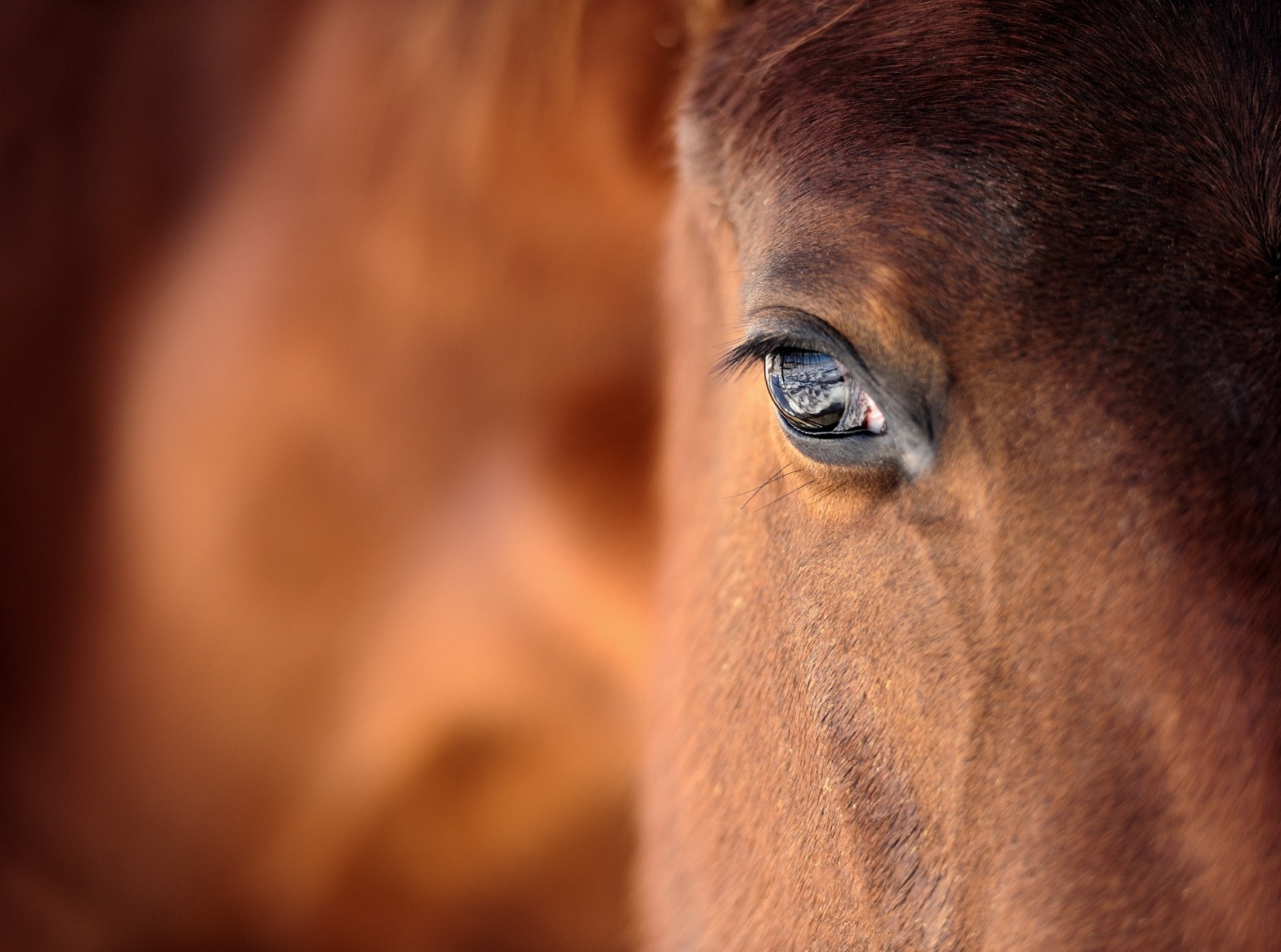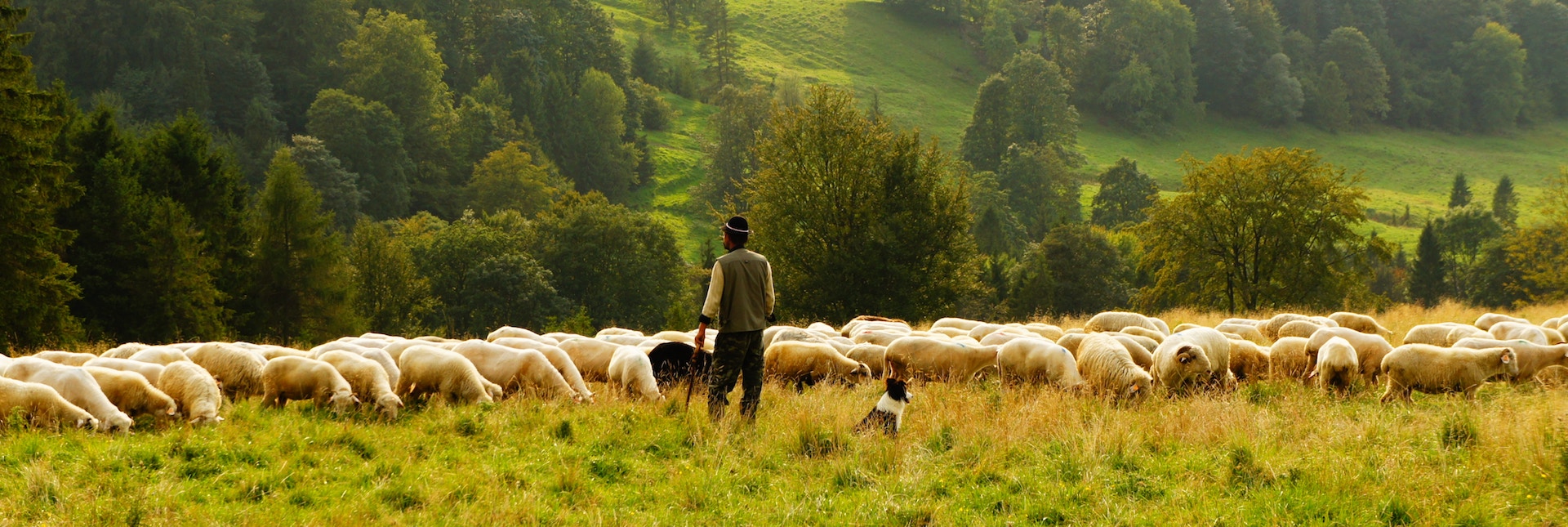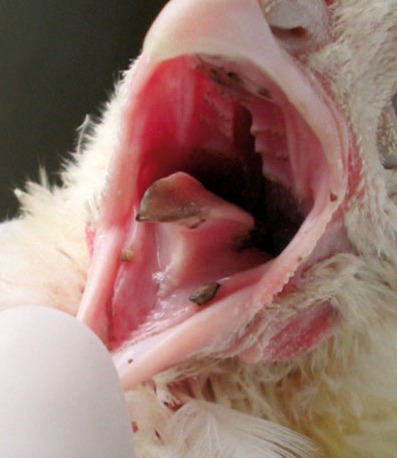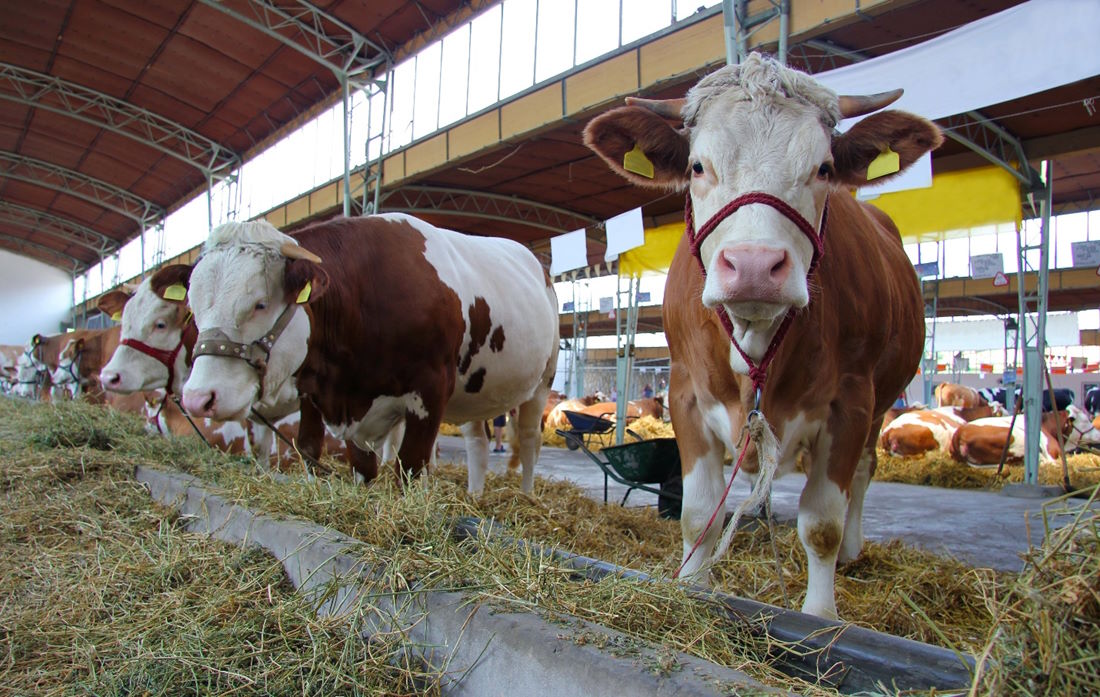Equine
Equine challenge
Horses, or equines, face various challenges that can impact their health, performance, and overall well-being. Here are some common challenges faced by horses:
- Nutrition and Digestive Health: Proper nutrition is crucial for horse health and performance. Challenges include maintaining a balanced diet, preventing obesity or malnutrition, and managing digestive issues such as colic and gastric ulcers. Proper feeding management, including appropriate forage-to-concentrate ratio, regular access to clean water, and feeding schedules, along with regular veterinary care, can help address these challenges.
- Lameness and Musculoskeletal Issues: Lameness is a significant challenge in horses and can result from various factors, including injuries, hoof problems, joint disorders, and improper training or riding techniques. Regular hoof care, appropriate exercise routines, proper footing, and working closely with veterinarians and farriers are crucial to maintain soundness and prevent lameness issues.

- Parasite Control: Horses are susceptible to internal parasites such as strongyles and roundworms, which can impact their health, growth, and digestion. Effective parasite control programs, including strategic deworming, pasture rotation, and manure management, are necessary to minimize parasite challenges and maintain horse health.
- Dental Health: Dental issues, such as sharp points, malocclusions, and tooth loss, can affect horses’ ability to chew and digest food properly. Regular dental examinations and floatation (removal of sharp points) by qualified equine dentists are essential to maintain dental health and prevent associated problems.
- Respiratory Conditions: Horses can be prone to respiratory challenges, including allergies, inflammatory airway disease, and recurrent airway obstruction (RAO), also known as heaves. Proper stable ventilation, reduced exposure to dust and allergens, good hygiene practices, and appropriate management of horses with respiratory conditions are important to minimize respiratory challenges.
- Hoof Health and Laminitis: Hoof problems, including laminitis (inflammation of the laminae in the hoof), can cause significant pain and lameness in horses. Maintaining proper hoof care, regular farrier visits, appropriate trimming or shoeing, and managing risk factors such as obesity and carbohydrate-rich diets are crucial for hoof health and preventing laminitis.
- Behavioral and Psychological Challenges: Horses can face behavioral challenges, including stress, anxiety, and stereotypic behaviors (e.g., cribbing, weaving) due to environmental or management factors. Providing an enriched environment, regular exercise, socialization with other horses, and addressing underlying issues through behavioral interventions or veterinary care are important for addressing these challenges.
Addressing these challenges requires a comprehensive approach that includes proper management practices, regular veterinary care, nutrition optimization, disease prevention, and monitoring. Working closely with veterinarians, nutritionists, farriers, and equine behavior specialists can help develop tailored strategies to manage these challenges effectively and ensure the health and well-being of horses.
OUR SOLUTIONS FOR YOUR POULTRY EQUINE













